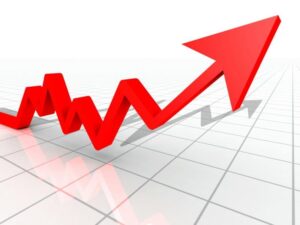
A growing concern among economists and political commentators is the emergence of what is being termed “affordability politics.” This approach tends to emphasize prices over broader economic growth, leading to discussions that some believe could hinder effective economic reforms. In a recent article for the Free Press, the author critiques this trend, highlighting its potential pitfalls and the allure it holds for voters.
Affordability politics often focuses on immediate financial relief rather than sustainable economic strategies. While the concept of affordability resonates with many, it can also foster unrealistic expectations. The author notes that this mindset sometimes leads to “free lunch” thinking, where citizens expect government handouts without understanding the economic implications. This shift represents a new form of economic populism that has gained traction, particularly following the disruptions created by the Trump tariffs.
While the author is not against affordability as a concept, they express concern about the current trajectory. They acknowledge the rising costs of essential goods, such as food, which have reached alarming levels even in average dining establishments. If given the opportunity to govern, the author suggests several strategies aimed at reducing costs. Among these is the deregulation of the energy sector, which would facilitate the development of solar, wind, and nuclear power. Over a period of five to ten years, these changes could lead to lower energy prices and, subsequently, modest reductions in food costs.
Another proposed measure is the repeal of the Trump tariffs, which have been criticized for artificially inflating the prices of imported goods. Additionally, the author argues against raising the minimum wage, stating that such increases could further exacerbate food prices. In this context, the author posits that even the most optimistic policies would only marginally lower costs, potentially leaving citizens unimpressed with the outcome.
The article suggests that rather than rewarding thoughtful economic policies, voters may gravitate towards candidates who promise more radical solutions, such as government-operated grocery stores or price controls. This pattern raises questions about the long-term sustainability of affordability politics and its implications for genuine economic growth.
Looking ahead, the author does not foresee a quick resolution to this issue. The ongoing political climate, particularly the influence of figures associated with the Trump administration, indicates that affordability politics will likely remain a prominent topic in future discussions about economic policy. As the landscape evolves, the importance of balancing affordability with sound economic principles will be crucial for both policymakers and voters alike.







